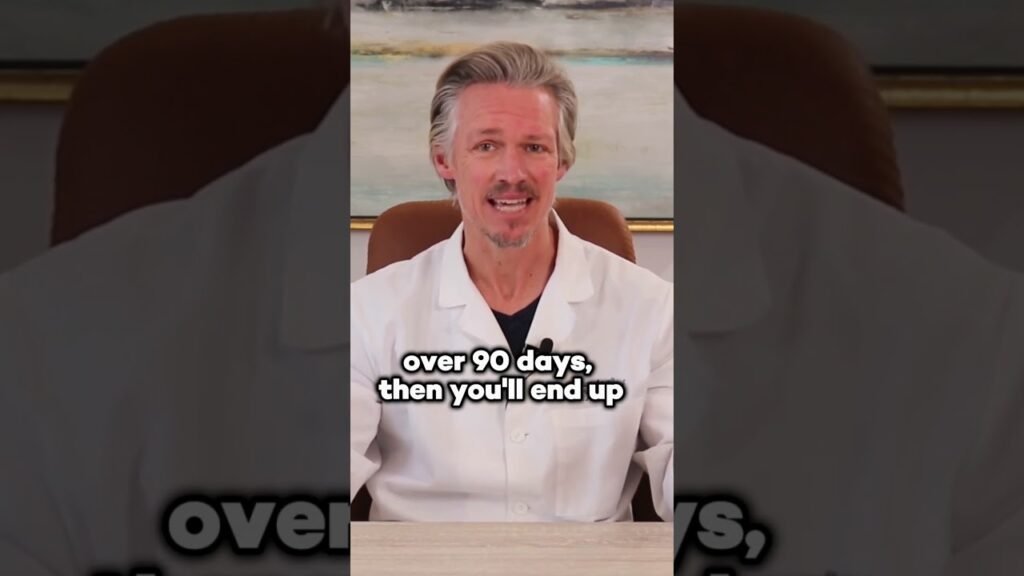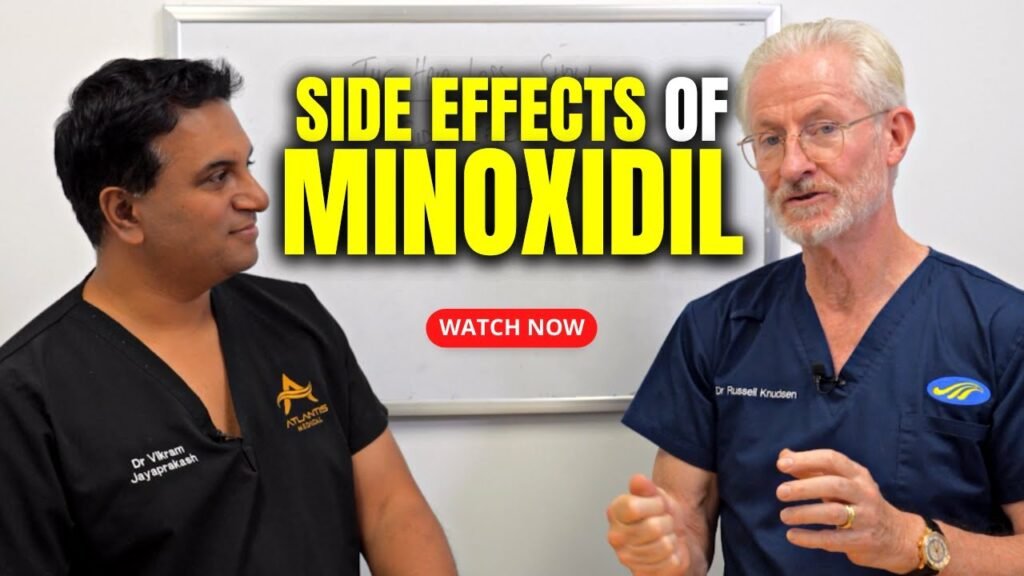Understanding the Effects of Stopping Minoxidil
When it comes to hair loss treatments, Minoxidil is a well-known option that has been used by many to promote hair regrowth and slow down hair loss. However, understanding the effects of stopping Minoxidil is crucial for those considering or currently using this treatment. Once you discontinue the use of Minoxidil, the most immediate effect is the cessation of its beneficial action on hair follicles. This often results in the hair returning to its previous state before the treatment began, which may include thinning and increased hair loss.
One of the primary effects observed after stopping Minoxidil is known as shedding. This phenomenon occurs as the hair that was maintained or regrown during the treatment phase begins to fall out. Its important to note that this shedding is typically temporary, but it can be distressing for users who may not have anticipated such a reaction. Shedding usually occurs within a few months of stopping the treatment, and while it may feel alarming, it is often a sign that the hair is returning to its natural growth cycle.
Its also essential to be aware that the duration and extent of hair loss after discontinuing Minoxidil can vary significantly from person to person. Factors such as the duration of Minoxidil use, the individuals natural hair growth cycle, and the underlying cause of hair loss all play roles in determining the effects of stopping the treatment. For those who have been using Minoxidil for an extended period, the transition might be more pronounced, whereas others might experience a more gradual return to their baseline hair condition. Understanding these potential outcomes can help users make informed decisions about their hair loss treatment journey.
Common Withdrawal Symptoms After Ceasing Minoxidil
When individuals decide to stop using minoxidil, a topical medication often used to treat hair loss, they may experience several withdrawal symptoms. Understanding these symptoms can help users better prepare for the transition. One of the most frequently reported symptoms is increased hair shedding. As minoxidil works by stimulating hair follicles and prolonging the growth phase, discontinuation can lead to the reversal of these effects, causing the hair to return to its previous state. This might result in a noticeable increase in hair loss, particularly within the first few weeks after stopping the treatment.
Another common symptom is scalp irritation. While minoxidil can sometimes cause irritation during use, some individuals may experience a continuation or even an onset of scalp discomfort after ceasing the product. This could manifest as itching, redness, or a flaky scalp. These symptoms might be due to the skins adjustment to the absence of the product or a response to any residual ingredients left on the scalp. Its important for users to monitor these symptoms and consider using gentle scalp care products to alleviate discomfort.
Moreover, individuals might notice changes in hair texture and quality after stopping minoxidil. As the treatment helps in maintaining hair density and improving hair thickness, withdrawal might lead to hair feeling finer or weaker. This change can be particularly distressing for users who have seen significant improvements during their time on minoxidil. Some people may find it helpful to incorporate nourishing hair care practices or consult with a dermatologist to explore alternative treatments to support hair health during this transition period.
Effective Strategies to Cope with Hair Loss Post-Minoxidil
After discontinuing Minoxidil, many individuals may experience a shedding phase, which can be distressing. To effectively manage this phase, its crucial to adopt a holistic approach. Scalp care is a vital component in maintaining hair health post-Minoxidil. Regularly massaging the scalp can stimulate blood circulation, promoting a healthier environment for hair growth. Consider incorporating essential oils such as rosemary or peppermint, known for their potential to support hair health, into your scalp massages.
Nutrition plays a significant role in hair health, particularly when adjusting to life after Minoxidil. A diet rich in vitamins and minerals can support hair growth and strength. Focus on foods high in biotin, zinc, and iron, such as eggs, nuts, and leafy greens. Omega-3 fatty acids, found in fish like salmon and mackerel, can also contribute to healthier hair. Supplements may be considered, but its advisable to consult with a healthcare professional before adding them to your regimen.
Exploring alternative hair treatments and therapies can also be beneficial. Low-level laser therapy (LLLT) is a non-invasive option that some find helpful in promoting hair growth by enhancing cellular activity in the scalp. Additionally, maintaining a consistent hair care routine with gentle products can prevent further damage. Opt for sulfate-free shampoos and conditioners, and avoid excessive heat styling to minimize stress on your hair. By combining these strategies, you can better cope with hair loss after discontinuing Minoxidil, supporting your hairs transition and overall health.
Alternative Treatments to Consider After Stopping Minoxidil
For those seeking alternatives after discontinuing minoxidil, there are several effective treatments worth exploring. One such option is low-level laser therapy (LLLT), which uses laser devices to stimulate hair follicles and promote regrowth. This non-invasive treatment is available in various forms, including combs, caps, and helmets, making it convenient for at-home use. Clinical studies have shown that LLLT can significantly improve hair density and thickness, making it a viable alternative for those looking to maintain their hair health without medication.
Another promising alternative is the use of natural supplements and topical solutions. Ingredients such as saw palmetto, pumpkin seed oil, and biotin have been noted for their potential to support hair health. Saw palmetto is believed to inhibit the production of DHT, a hormone linked to hair loss, while pumpkin seed oil may promote hair growth due to its rich fatty acid content. Biotin, a B vitamin, is essential for keratin production, which is crucial for strong and healthy hair. Incorporating these supplements into your routine could provide the nutrients needed to support hair regrowth and prevent further thinning.
Finally, microneedling is an innovative technique gaining popularity for its effectiveness in enhancing hair growth. This procedure involves using a device with fine needles to create micro-injuries on the scalp, which can stimulate collagen production and improve blood circulation to the hair follicles. When combined with topical treatments, microneedling has been shown to increase the absorption of active ingredients, thereby boosting their efficacy. Regular sessions can lead to noticeable improvements in hair density and quality, making it a compelling choice for those seeking alternatives to minoxidil.
Expert Tips for Maintaining Hair Health Without Minoxidil
Maintaining hair health without relying on minoxidil involves adopting a holistic approach that focuses on diet, lifestyle, and hair care practices. One of the most critical aspects of hair health is ensuring a nutrient-rich diet. Incorporate foods high in vitamins and minerals such as biotin, zinc, and vitamins A, C, and E. These nutrients play a vital role in promoting hair growth and strengthening hair follicles. Foods like eggs, nuts, leafy greens, and fish are excellent choices for supporting hair health from the inside out.
Adopt a Gentle Hair Care Routine
A gentle hair care routine can significantly impact the health and appearance of your hair. Avoid harsh shampoos and conditioners that contain sulfates and parabens, as they can strip your hair of natural oils and cause damage. Instead, opt for products with natural ingredients and those specifically designed for your hair type. Additionally, reduce the use of heat styling tools and opt for air drying whenever possible. If heat styling is necessary, always use a heat protectant spray to minimize damage.
Scalp Care and Stress Management
The health of your scalp is directly linked to the health of your hair. Regularly exfoliate your scalp to remove dead skin cells and promote circulation, which can encourage hair growth. Consider using a scalp scrub or a brush specifically designed for this purpose. Furthermore, managing stress is crucial for maintaining hair health, as stress can lead to hair loss. Incorporate relaxation techniques such as yoga, meditation, or regular exercise into your routine to help manage stress levels effectively.


